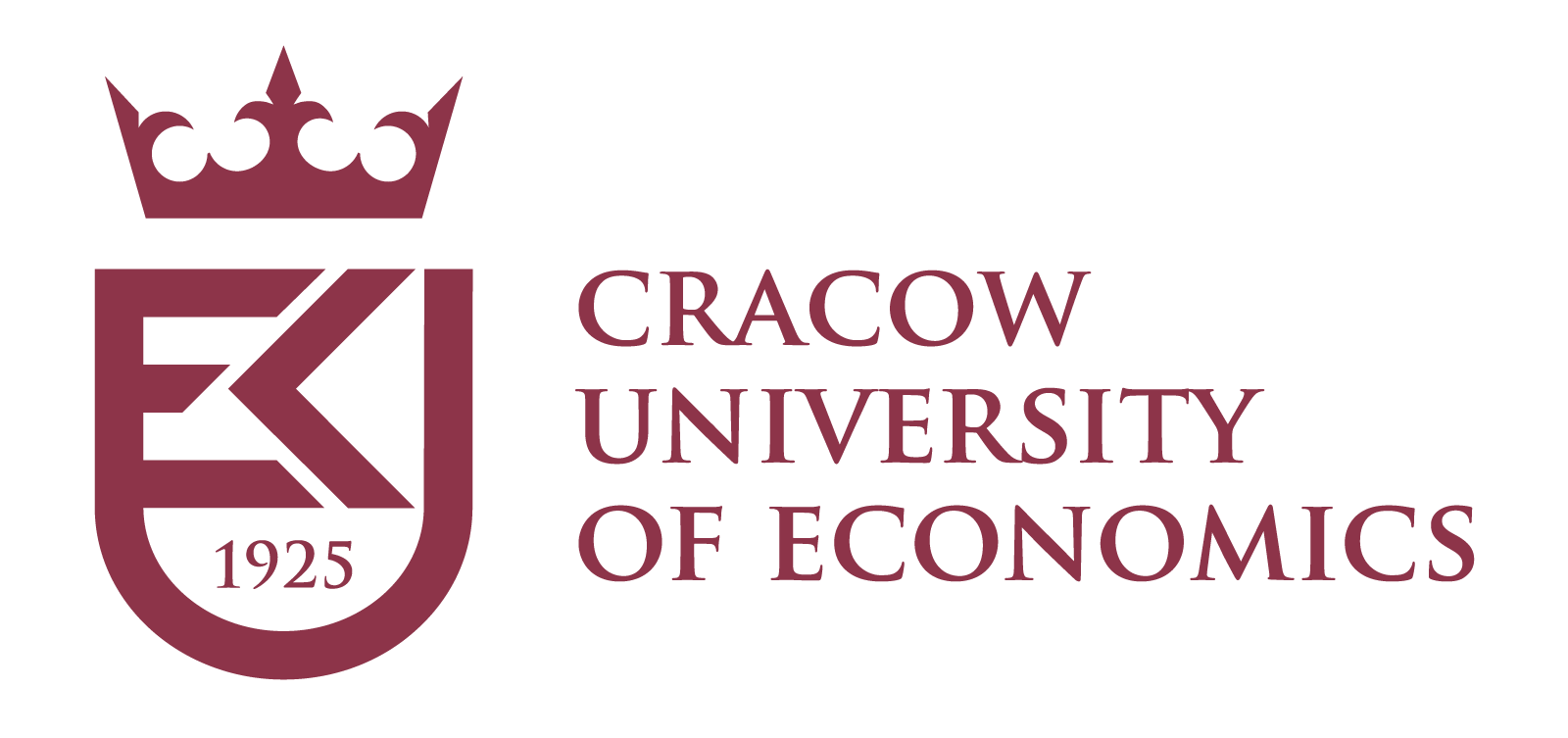Integration of contemporary models of behaviour and decision-making from Psychology into ABMs – What is the state of the art?
Organizers:
Jason Thompson, The University of Melbourne
Fjalar de Haan, The University of Melbourne
Description:
Many ABMs are dedicated to social simulation of artificial societies. They attempt to model dynamic human decision-making processes from the bottom-up, exploring how micro-level behaviours and interactions generate macro-level regularities. Despite this, most models of macro-level regularities are constructed with a naïve or at least informal representation of human behaviour and decision-making, unguided by contemporary understanding from Psychological science. While such models may provide ‘candidate mechanisms’ for generating observed macro-level patterns, agent-architecture is rarely compared against established theory. This is problematic if we wish to intervene in real-world systems as the levers we are looking to influence may not really exist.
Psychology (both Individual and Social Psychology) is a discipline that – like Agent-Based Modelling – defines the individual agent as the unit of analysis; Psychology is naturally interested in the nature of agents’ perceptions, information processing, decision-making, and individual and social behaviour. Understanding models of agent perception and decision-making from established principles in Psychological science is therefore critical if ABMs are to gain wider legitimacy in other, more mature areas of social science. Further, standardisation of psychological frameworks into agent-architectures can also assist in greater replicability between ABMs and provide insight for Psychological Science through testing theory in silico.
This workshop will present an argument for making closer ties between Psychology and the ABM community than has occurred to date. It will present a series of state of the art Psychological models of perception, information processing, social connection, and decision-making alongside example representative agent architectures. It will ask the audience to consider how the parameterisation of these and additional Psychological models can benefit both the ABM and Psychological Science community. Workshop participants will get hands-on experience in manipulating models designed to represent principles from Psychological Science with guidance around incorporating these modules into their own work.
